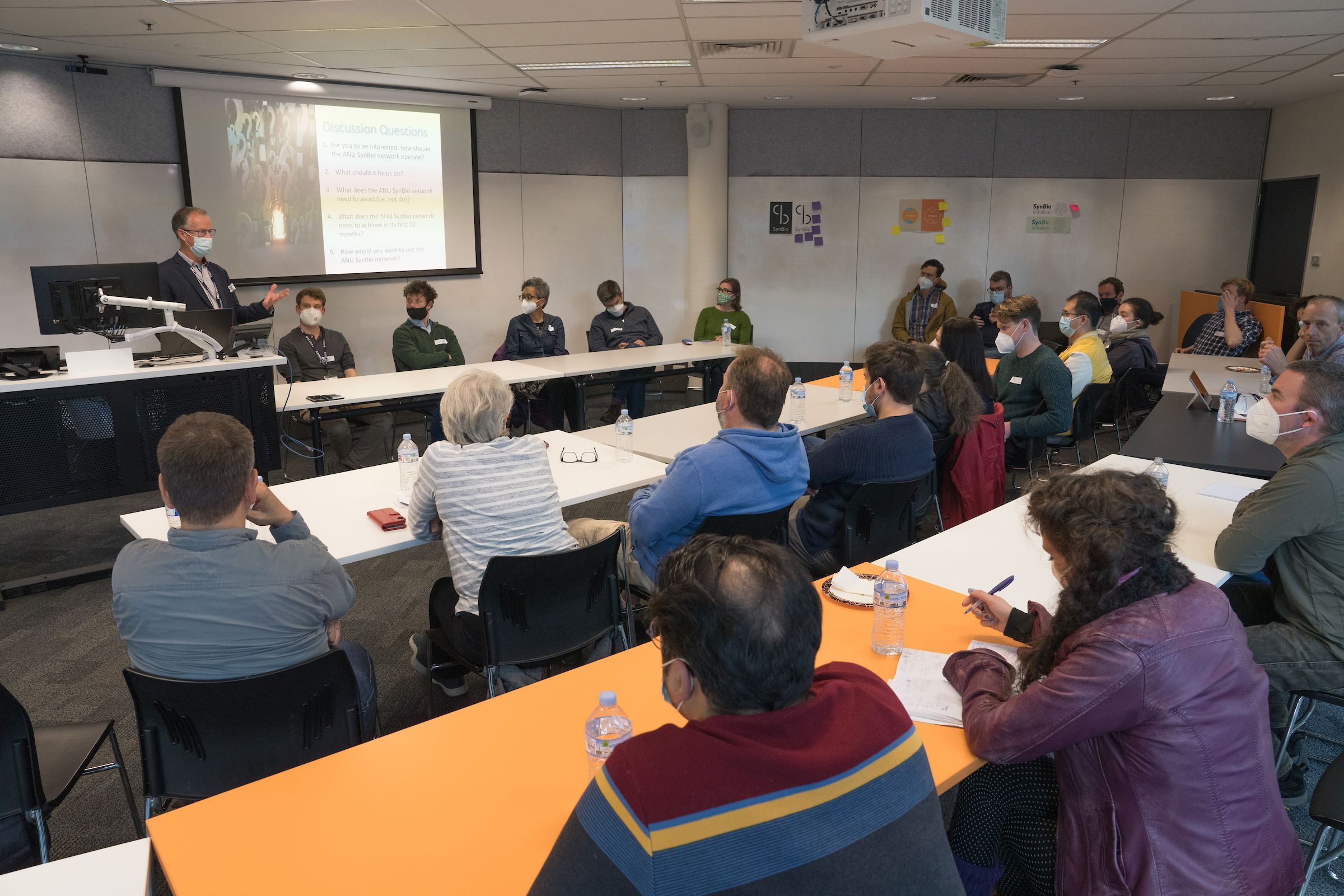The ANU has today launched a new Synthetic Biology initiative, bringing together a network of researchers who are applying synthetic biology capabilities to generate breakthrough foundational discoveries and create research impact for sectors including food and beverage, recycling and medical products. The initiative will also foster start-ups and collaborate with business to innovate and solve major challenges through a combination of biology, chemistry, engineering and responsible innovation.
Synthetic Biology, or SynBio as it’s commonly known, is a new technology, which deals with the design and construction of biological systems, using scientific principles found in areas like engineering, chemistry and computer science. It looks to redesign organisms by engineering them to have new abilities for a range of purposes.
There is already a lot of funding being generated towards SynBio initiatives, with a global total of $18B of venture capital funding in 2021 alone, mainly in the healthcare and food industries.
It is with these opportunities in mind that ANU held an initial workshop on 13 September, bringing together researchers and students from across the University who are working, or interested, in the SynBio space.
Graham Smith, an ANU SynBio project leader, said the workshop was a great success and generated good connections between researchers from across the University.
“One of the main objectives of the ANU SynBio network is to build stronger cross-disciplinary capabilities and activities across the University. The workshop was a good first step and we look forward to building on that,” Mr Smith said.
Currently, there are several groups within the University working in the SynBio space, particularly in protein engineering, plant and social sciences, but no formal group or network to help facilitate or co-ordinate activities across the University. The SynBio initiative will improve this, and down the track, facilitate new undergraduate and postgraduate SynBio programs.
There is real opportunity for ANU and ACT region to be at the forefront of this new technology, which can help address big challenges in climate change, agriculture, sustainable food production, healthcare, and much more. Small Canberra-based businesses, like CEAT Innovation Hub member Nourish Ingredients, are doing exciting things with SynBio, demonstrating the many possibilities of this emerging technology. The proximity of tertiary, research and government institutions in the ACT alongside businesses like Nourish make for a bright future.
If you are interested in learning more about the University’s work on SynBio, please contact the project leaders, Colin Jackson or Graham Smith or visit the SynBio initiative’s website.
